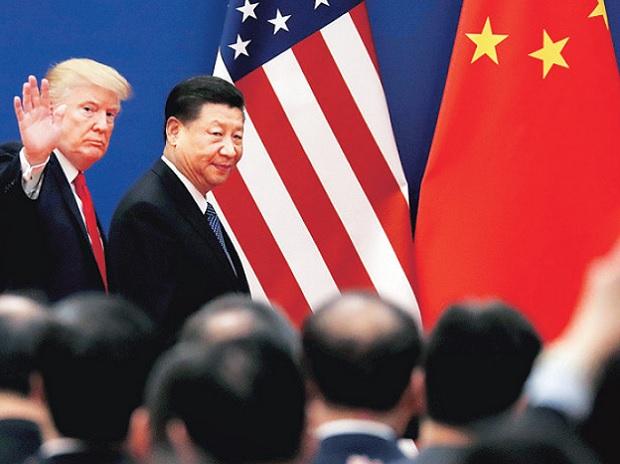
President Donald Trump’s escalating trade war against China has drawn plenty of historical parallels.
The Chinese like to invoke the 19th-century Opium Wars and the national humiliation that followed.
In the U.S. the comparison is increasingly to the Cold War against the Soviet Union, or the 1980s trade wars against Japan.
Ask Douglas Irwin, author of “Clashing Over Commerce: A History of U.S. Trade Policy,” however, and he argues the most accurate comparison from an American perspective is the War of 1812.
That conflict was born out of a trade war (a British embargo of France) and fought at least partly as a trade war (a British blockade of America). It also yielded another trade war.
Once the war was won, it prompted calls for a decoupling from a British economy with which America’s was deeply integrated, Irwin said. And like the current calls related to China, that was based on a bigger existential question for the U.S.
“We wanted to reduce our dependence on Britain, which was viewed as an enemy power,’’ said Irwin, a professor at Dartmouth.
Higher Stakes
In response, Washington began imposing higher tariffs on British goods to protect what it declared to be strategic U.S. industries.
That action grew into manufacturers’ calls for protection from cheap British imports that would become a feature of political debate through the 19th century...Read More
No comments:
Post a Comment